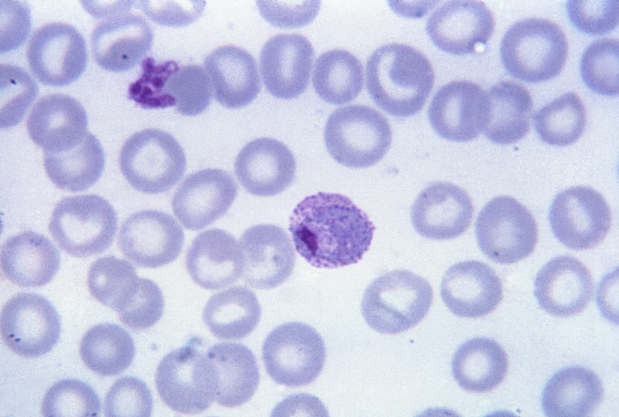Science News
Plasmodium Genomes

This month, Nature Genetics offers two studies focusing on the parasites that cause malaria. To give you an idea of malaria’s global human impact, the CDC reports that:
In 2010, an estimated 216 million cases of malaria occurred worldwide and 655,000 people died…
The disease is caused by Plasmodium parasites transmitted by mosquitos. Shannon Bennett, the Academy’s virus expert, explains how these parasites work in the body:
Malaria is a disease characterized by fever that occurs in waves, every 2 or 3 days. The fever corresponds to the stage in the life history of the parasite in which it has multiplied inside the host’s red blood cells and escapes to infect new red blood cells. This happens in synchrony and launches the feverish response.
Shannon knows this process first-hand—she contracted malaria in Africa at a young age. She credits her intense interest in the cause of her illness with getting her into the microbiology field.
Much genetic work has been done with Plasmodium, but these new studies look at two of the “neglected” species of the genus—Plasmodium vivax and Plasmodium cynomolgi.
In humans, Plasmodium falciparum does the most damage and most likely caused Shannon’s malaria. Nonetheless, P. vivax infects about 100 million people each year and P. cynomolgi causes malaria in non-human primates.
Although researchers have sequenced the P. vivax genome in the past, the new study goes deeper, looking at a global sampling. In addition, the authors find significant genetic variation, providing insight into the pathogen’s evolution.
The second paper reports the first reference genome sequence for P. cynomolgi, shedding light on malaria in monkeys and suggesting which genes get involved in tailoring a parasite’s effects to a specific host.
The new genomic studies of each could help better understand the disease and stop it, Shannon says.
By comparing genomes of many different Plasmodium species, we can start to identify which genes do what, for example, evolve in response to anti-malarials (evolution of drug resistance), cause severe disease, confer the ability to infect both humans and other animals. A good design, which these papers have set us up for, includes in the comparison Plasmodium species that cause severe disease in humans (P. falciparum), mild disease in humans (P. vivax), disease in both humans and non-human primates (P. knowlesi, P. cynomolgi). Identifying these genes will help design gene knockouts or drugs that target other functions of the Plasmodium.